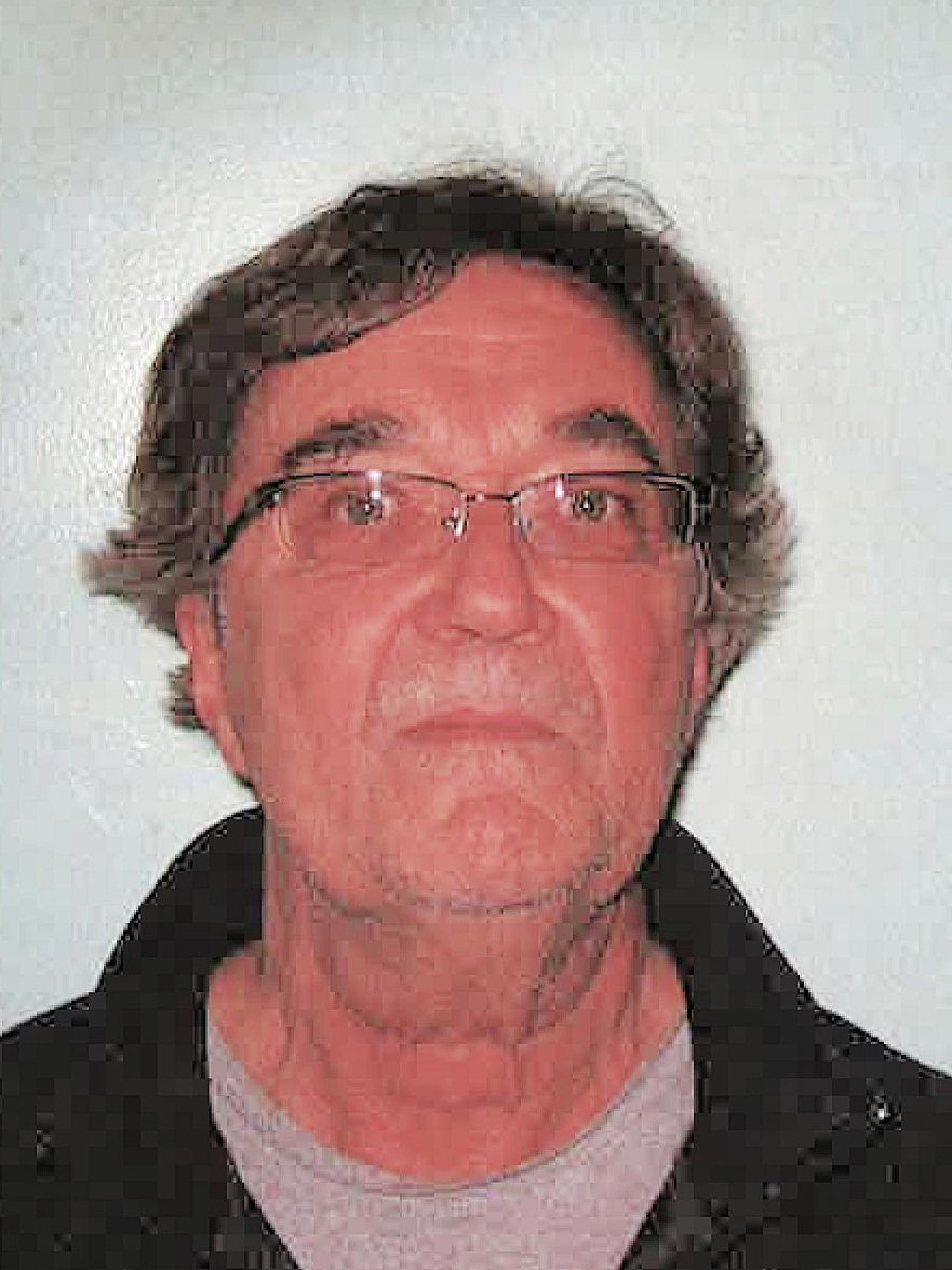Ex-BBC man attempted to sell artefact plundered in Arab Spring
Sound recordist bought stolen statue fragment and tried to auction it off

A former sound recordist who worked on a BBC docu-drama about the hunt for Egyptian antiquities has admitted fraudulently trying to sell a 3,300-year-old statue fragment, which is believed to have been plundered by looters during the Arab Spring.
Neil Kingsbury, 64, bought artefacts from an apparently upmarket souvenir shop during holidays in Egypt and then tried to sell them at Christie’s and Bonhams by pretending that they had been given to him by his late uncle who served in the country during the Second World War.
The deception was uncovered by a curator at the British Museum who spotted in an auction catalogue that the red granite fragment of a Nubian prisoner was from the base of a royal statue at the Temple of Amenhotep III in the imperial capital Thebes.
Marcel Maree contacted the Egyptian expert on the site who confirmed it was an item that she had discovered in 2000 and had been deliberately broken by the looters to hide where it came from.
Dr Hourig Sourouzian said it had been stolen from storage after 2002 and could have been taken along with two statue heads in the widespread looting that followed the downfall of Hosni Mubarak in 2011. The granite fragment, along with five others between 3,000 and 4,000 years old, were pulled from the Christie’s sale, just days before it was due to start on 2 May last year. They had been listed as the “property of a gentleman” when they were put up for sale. Kingsbury, from Northwood in north-west London, was arrested and admitted what he had done.
He said he bought the items from a “good chap” called Mohammed who owned a series of shops including one in a five-star hotel complex in Luxor, across the Nile from the temple complex of Thebes, where he regularly stayed. Kingsbury brought the items back to Britain in a suitcase.
He claimed that he was told by Mohammed that he should tell the two auction houses that he had inherited them, or experts from the two houses would not value them or give confirmations as to their authenticity. However, his claim that he had got them from his uncle meant he was able to avoid the law banning the export of antiques introduced by the Egyptian government in 1983, Isleworth Crown Court was told.
One item – a painted stone relief of a man and woman – that he bought for a few hundred pounds was sold for £13,000 at auction. The buyer has so far declined to return the item, said Kate Blumgart, for the prosecution.
Kingsbury, who worked on the 2005 BBC docu-drama series Egypt that told the stories of the early archaeological adventurers and the discovery of the Rosetta Stone, admitted three counts of fraud last year. A charge of possession of criminal property was dropped at a hearing on Wednesday and he will be sentenced on 14 April. Kingsbury was told he would not be sent to prison.
The alleged frauds took place after he was forced to give up work because of a heart complaint while working on The Da Vinci Code film and was airlifted to a hospital in Cairo. His barrister said the most tragic part of the case was that Kingsbury was “someone who loved and respected the culture” of Egypt. He had worked on the Disappearing Worlds documentary strand which detailed how the modern world endangered some ancient societies.
He sold items at two auctions – one at Bonhams and one at Christie’s – before the deception was uncovered by Mr Maree during his third attempt at a public sale of items including the granite fragment from the time of Amenhotep III. The pharaoh died in 1354BC at the height of Egyptian power, and his peaceful reign was marked by an artistic flourishing and temple building projects.
When Kingsbury was interviewed by officers from the Metropolitan Police’s Arts and Antiques Unit, he said: “I’m not doing it as a great big business. I just got sucked in with it and I thought that was good, so I will do one last hurrah and bought these last items.”
He decided to stop because he did not like deceiving the auction houses or “letting down my departed uncle”, he told the court.
Police accepted that he was not a “major player”, but he made more than £10,000 profit from his deals.
Egypt’s ancient sites have been targeted for centuries, but the upheavals following the 2011 revolution have helped looters target museums and sites for treasures to sell on the black market.
